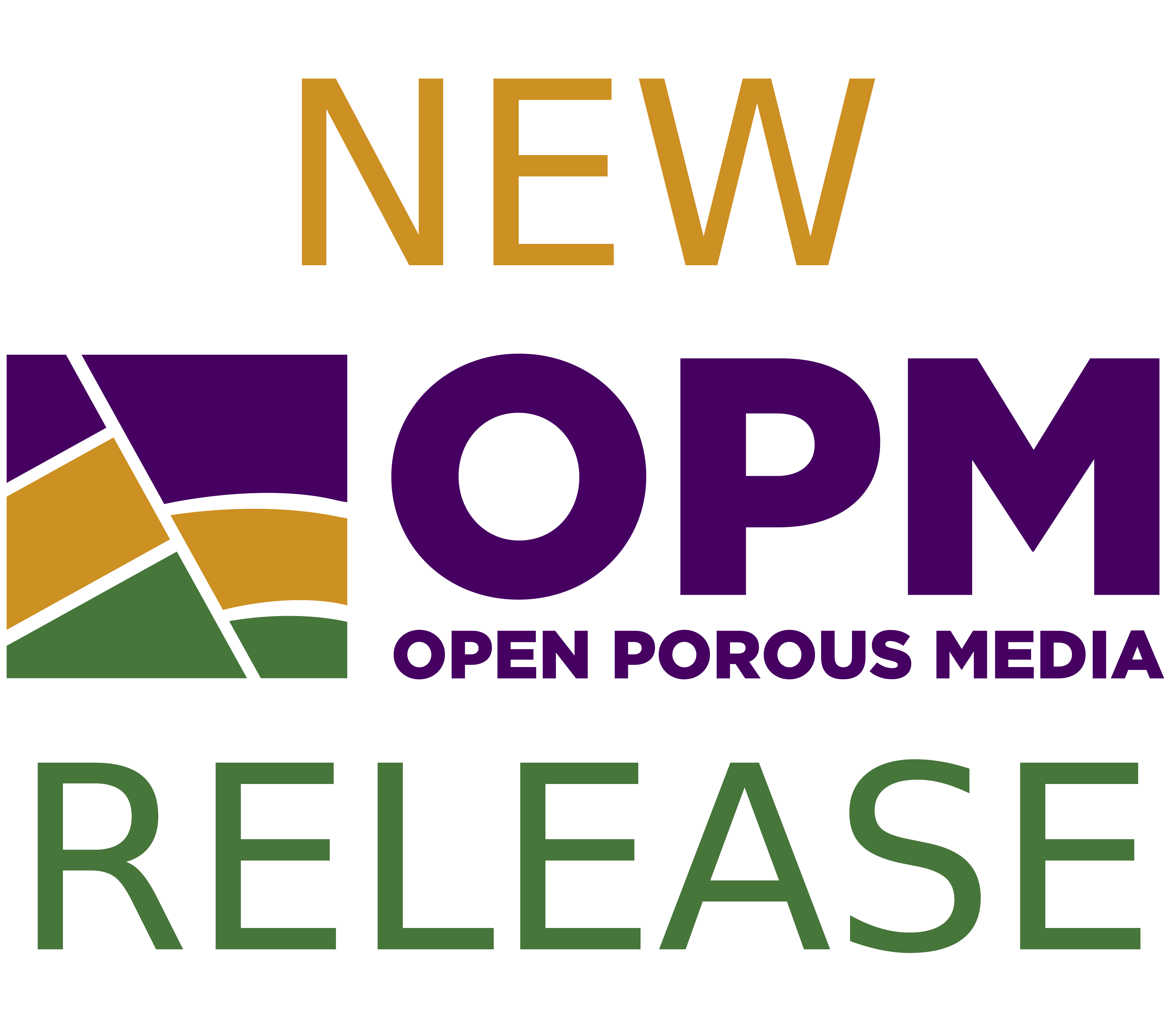Dear OPM community,
the 2024.04 OPM release is ready! Thanks a lot to all contributors for your improvements to the software and documentation, and to users for alerting us to bugs and problems.
Binary packages for the 2024.04 OPM release are available for RHEL7 and RHEL8 as well as for Ubuntu 22.04 LTS (Jammy Jellyfish) and 24.04 LTS (Noble Numbat). The Ubuntu packages may be downloaded from the OPM Project’s Personal Package Archive (ppa:opm/ppa). If you have not already included this in your package sources, you can do so with the commands:
sudo apt-add-repository ppa:opm/ppa
sudo apt-get update
Then you can install the simulator and its prerequisites using the command:
sudo apt install libopm-simulators-bin
You can install python bindings for opm via pip (https://pypi.org/project/opm/) using:
pip install opm
Full release notes will be available with the updated manual soon. Until then, please refer to the old manual.
The 2024.04 release consists of various new features, improvements and bug fixes, including:
- A new brine-CO2 mutual solubility model has been implemented from Spycher & Pruess, Transp. Porous Med., 2010. This model improves the accuracy of the solubility calculations in CO2STORE at temperatures above 100 degrees Celsius. In addition, a new keyword, ACTCO2S, has been added to choose between activity models.
- Added CO2 mass in place summary vectors for the field and region level when using CO2STORE, including trapped masses based on the definition of immobile gas in the 11th SPE Comparative Solution Project.
- Added support for the following keywords:
- CO2SOL and H2SOL keywords for modelling CO2 or H2 injection in hydrocarbon reservoirs
- SOURCE keyword for modelling a simple source term
- FBHPDEF, WDFAC and WDFACCOR keywords in the SCHEDULE section
- DIFFAGAS and DIFFAWAT
- SKIP, SKIP100, SKIP300, ENDSKIP
- NONNC
- partial support for DATUMR and DATUMRX keywords in the SOLUTION section
- PCFACT and THCO2MIX keywords in the PROPS section
- Added support for using well lists (WLIST) in ACTIONX blocks with the following keywords: COMPDAT, COMPLUMP, WCONINJE, WCONPROD, WECON, WEFAC, WELOPEN, WELPI, WELSPECS, WELTARG, WGRUPCON, WPIMULT, WSEGVALV, WTEST and WTMULT.
- Added Support for output of addition summary vectors, initialization arrays and restart arrays and for an expanded set of summary vectors to be used in defining expressions for UDQs and in the condition blocks of the ACTIONX keyword
- Removed the need for a run-function in PYACTION blocks. EclipseState, Schedule, ReportStep and SummaryState are now available as attributes of the module opm_embedded and tooltips are available in Python IDEs. The code maintains backwards compatibility with the previous usage.
- Made end-of-simulation performance summary more precise, now also includes setup time.
Best regards,
Lisa Julia Nebel, opm-op
Release manager for 2024.04

